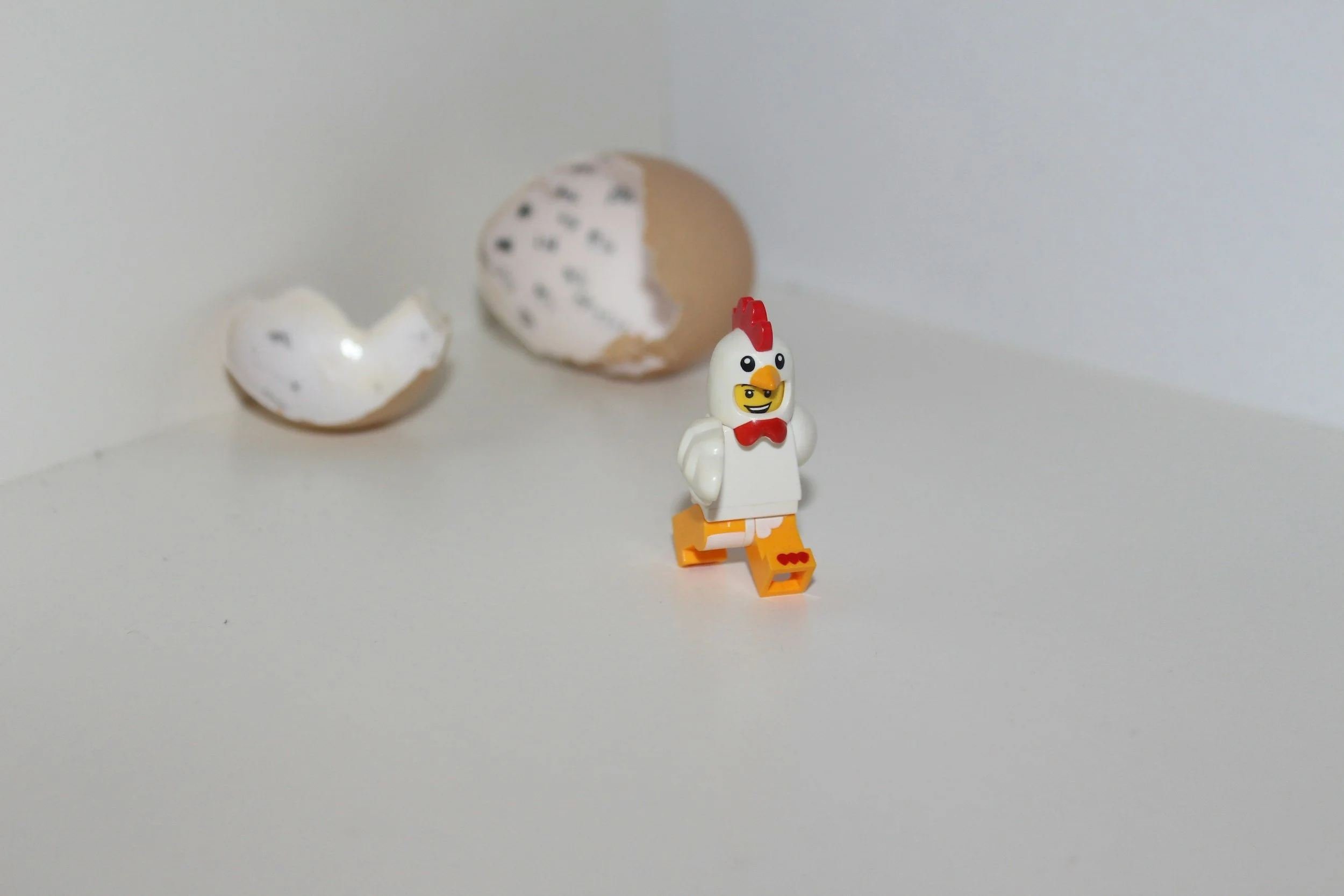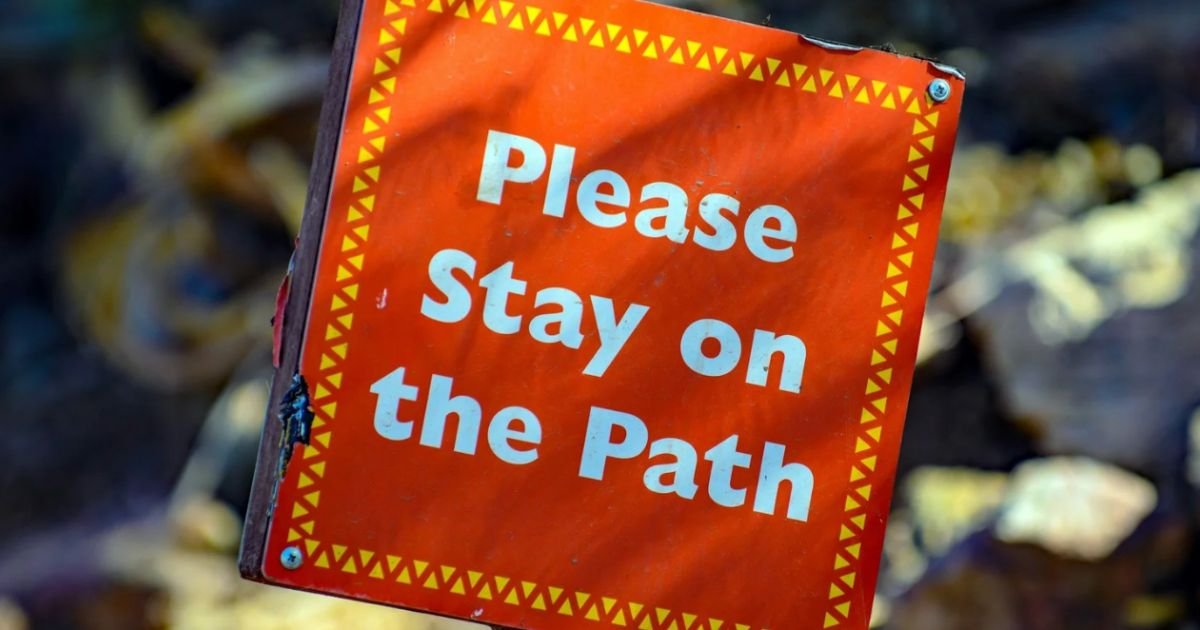
From Knowing to Feeling: When Faith Became Embodied
And something unexpected happened. As I slowed down enough to feel, I began to sense Christ’s presence not just around me but within me.
Not as an idea. Not as a belief I needed to reaffirm.
But as something experienced.

What Silence Teaches Our Children
“I can’t find my voice.” This is a sentence Raevyn has said repeatedly when she wants to speak but can’t.
Beliefs we form about ourselves can become so ingrained they feel like identity. Until I began doing the work I do now, I didn’t fully grasp how much impact allowing this belief to settle could have, not only on how she communicates externally, but on how she experiences herself internally.

Triggers Within
A kind of denial born from longing. And no matter how much distance we try to create from those who hurt themselves and others, it never seems far enough to avoid being pulled back into the web.
She left me in the will, and in doing so I remained stuck.

A Drop of Gamay & the Language of Scent
As the aroma and taste of violets tip-toed across my palate, I felt a sense of familiarity and it made me chuckle.
Why? I’ve worked with countless aromatic materials, yet violets aren’t something I consciously know. I have an idea of what they look like… but have I ever truly smelled one? Have I eaten one? Not that I can intentionally recall.
And yet there they were. This is the power of scent.

When ‘trauma‑informed’ Becomes A Catch Phrase
Words like trauma‑informed, safe, nurturing were used generously. And yet, something in me paused. I found myself questioning how loosely and how often these words are now being used. Much like other wellness trends and catch phrases, trauma‑informed is at risk of becoming a label rather than a lived, embodied practice.

The Belief I Didn’t Know I Was Living By

The Chicken, the Egg, and Why It Might Not Matter
Does It Actually Matter What Came First? From a lived, embodied perspective often no. What matters more is:
What is the body responding to now?
Where is capacity exceeded?
What signals are being missed or overridden?

The Light That Reveals: Relaxation, Awareness, and Christ Within
“Shining a light on what is, reveals reality.”
As I heard this, something happened.
My mind lit up and so did my body. There was a felt sense of excitement, recognition, almost as if a literal light switch had been turned on within me.

From Past to Present: Experiencing God in the Midst of Healing
Trauma can make the past feel alive in our bodies, even years later. But what if healing isn’t about rushing or analysing, but about being met in the present? This reflection explores how God who is past, present, and future meets us where we are, offering safety, presence, and restoration in the here and now.

An Addict Without Their Addiction
This is what loving someone with addiction feels like. A constant loop.
Living in fight or flight. Waiting for the next surprise. A nervous system that never fully softens because, on some level, you know the person hasn’t truly begun healing.
It’s why so many of us are now realising that talk therapy alone is often not enough.

Not by Chance, but by Breath and Design
There was a quiet stirring within, almost like a whisper:
Look at this through the lens of “He breathed into his nostrils the breath of life.”
That moment left me in awe. Not because I suddenly understood the science in a technical sense, but because once again I was reminded: this is not by chance , this is by design, and with purpose.

Making Space to See What Has Been There All Along
When people talk about trauma, we often imagine a plate breaking loud, unmistakable, dramatic. A few large pieces. Visible to all. These are the traumas that show themselves clearly in behaviours, reactions, and symptoms that can’t be ignored.
But that has never felt like my story.

Let It Be: When Relaxation Becomes a Living Scripture
When we try to control, fix, or manage everything ourselves, the cup fills quickly. The space around us shrinks. Our nervous system contracts. The problem becomes larger, closer, louder. We need to let it be.

When Rules Replace Compassion
Trauma-informed practices teach us that healing begins with safety, not fear. Yet within religion and modern Christianity, rules are often upheld without compassion, causing harm rather than restoration.

After the Feast: Reorient, Not Restrict
Over time, these phrases stop being just sayings and quietly become beliefs, beliefs that are often passed down from generation to generation. Especially after celebrations like Christmas, many people wake up the very next day feeling remorse, shame, or the urge to restrict, punish, or control their bodies.

I Don’t Feel Safe: How Childhood Beliefs Impact Insulin and Whole-Body Health
Research increasingly supports diets like Mediterranean and ketogenic approaches for mental health conditions, epilepsy, and bipolar disorder. These diets improve insulin sensitivity, which plays a critical role in both mental and physical health. Yet, for me, it goes deeper than diet, it’s about root causes.
Insulin is not just about sugar, it’s about safety.

Wired for Care: Scripture, Safety, and the Healing Power of Presence
humans cannot remain regulated, grounded, or whole without ongoing relational support. Self-sufficiency was never the goal.

Remembering What the Body Always Knew
A personal reflection on trauma, abandonment, and somatic healing, when the body remembers what the mind couldn’t hold.

Suffering: A Biological Gift
And somewhere along the way, we reinvented the meaning of suffering and joy in ways that have deeply shaped not only our spiritual lives, but our emotional, mental, and even physical ones.

Giving Myself Compassion for Feeling Nothing
I’ve known for a long time that the relationship wasn’t built on love, not in the fairytale sense and not in the warm, connected, nurturing sense either. There wasn’t hatred, but there also wasn’t emotional safety, affection, or genuine care. We said we loved one another because that’s what families are supposed to do.